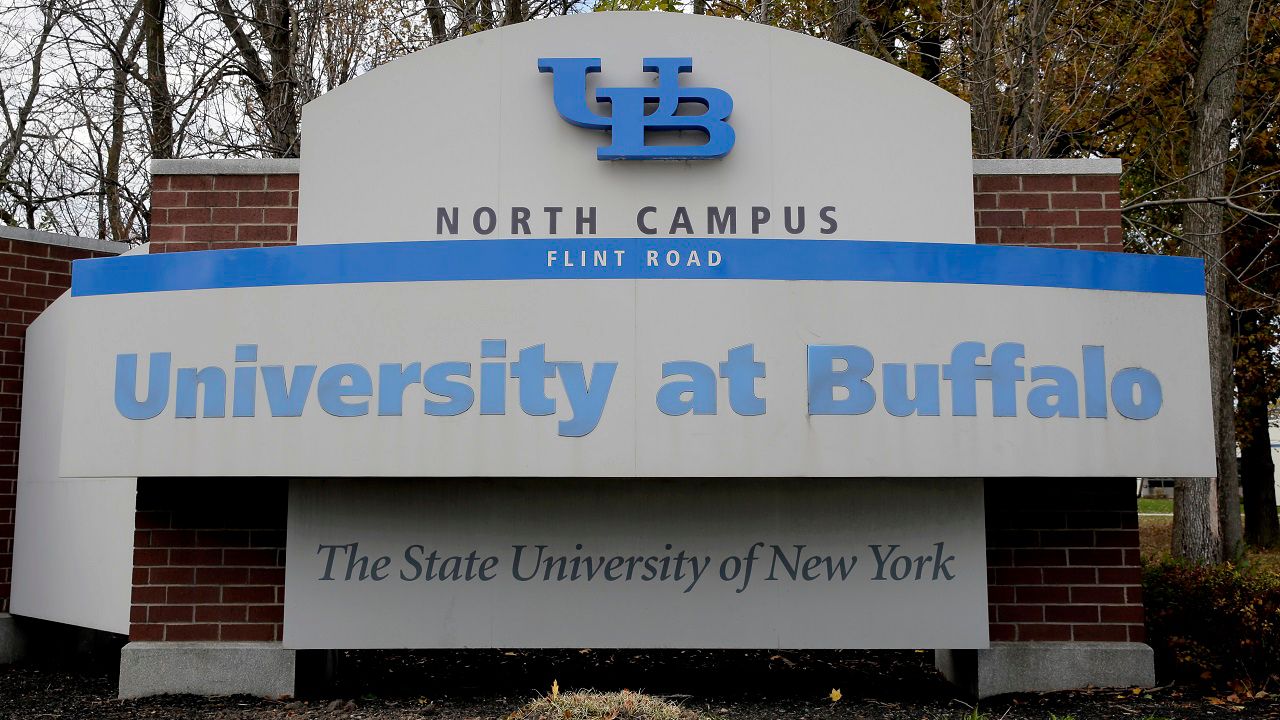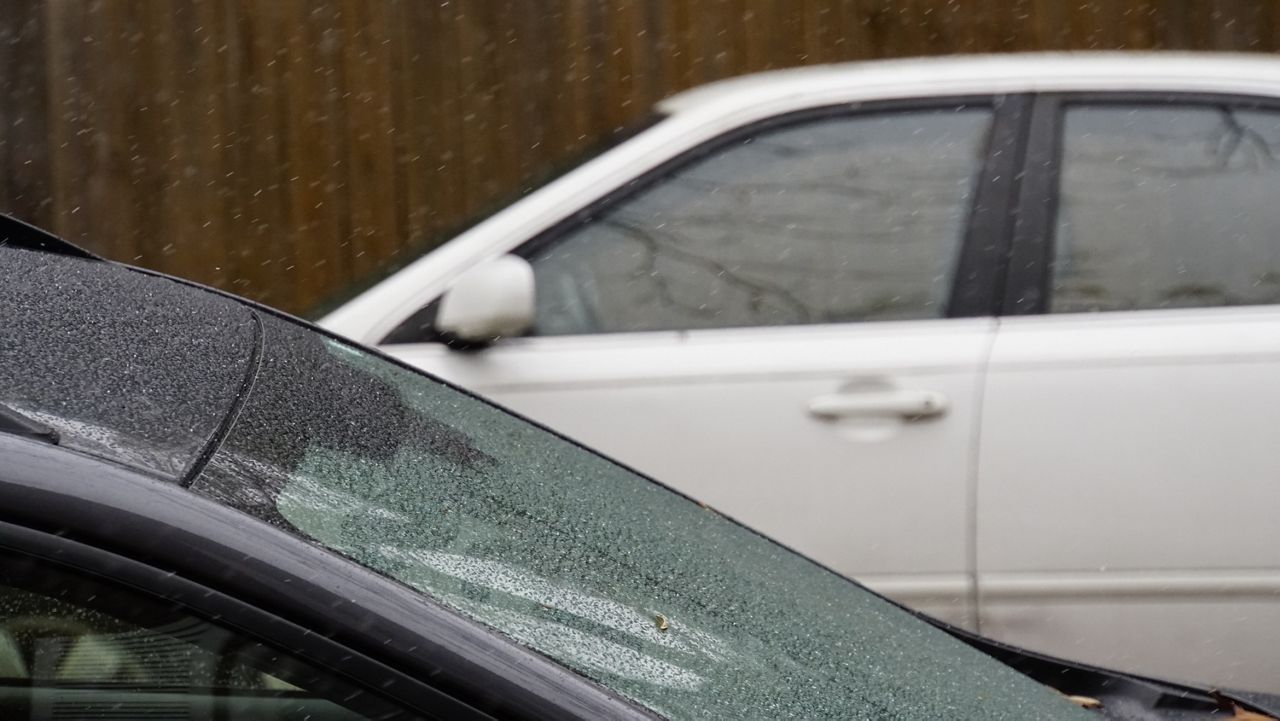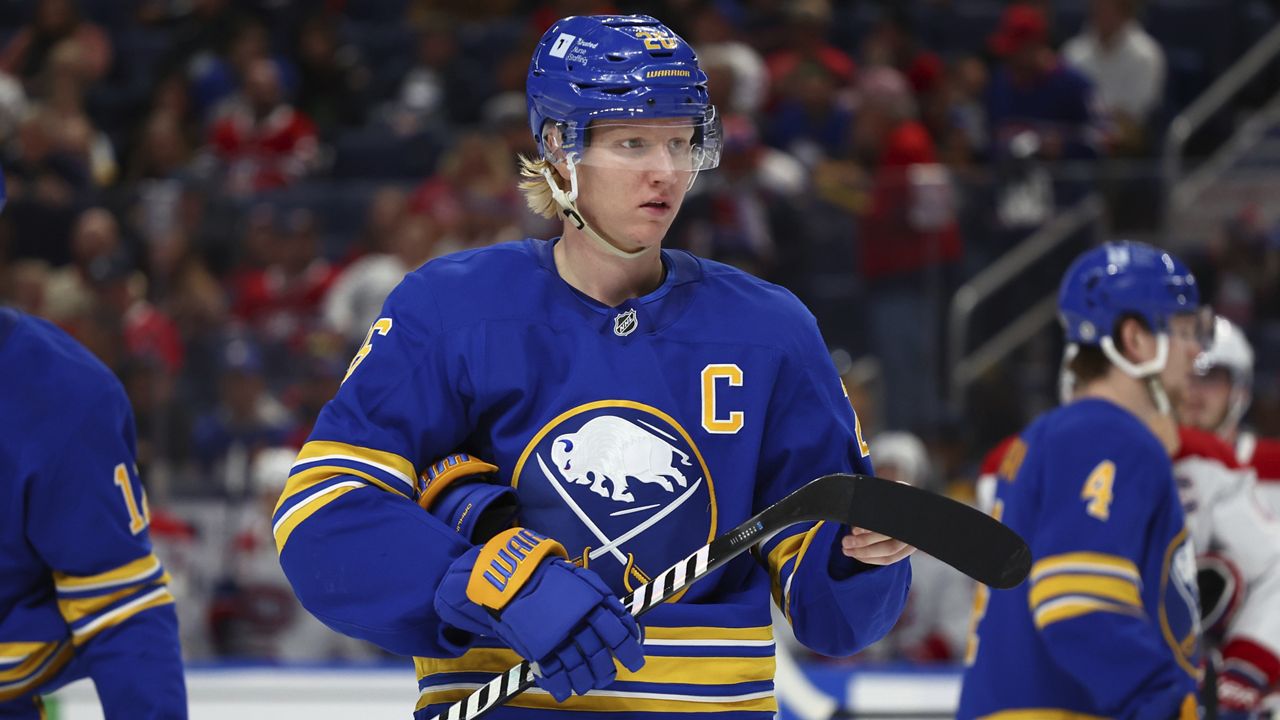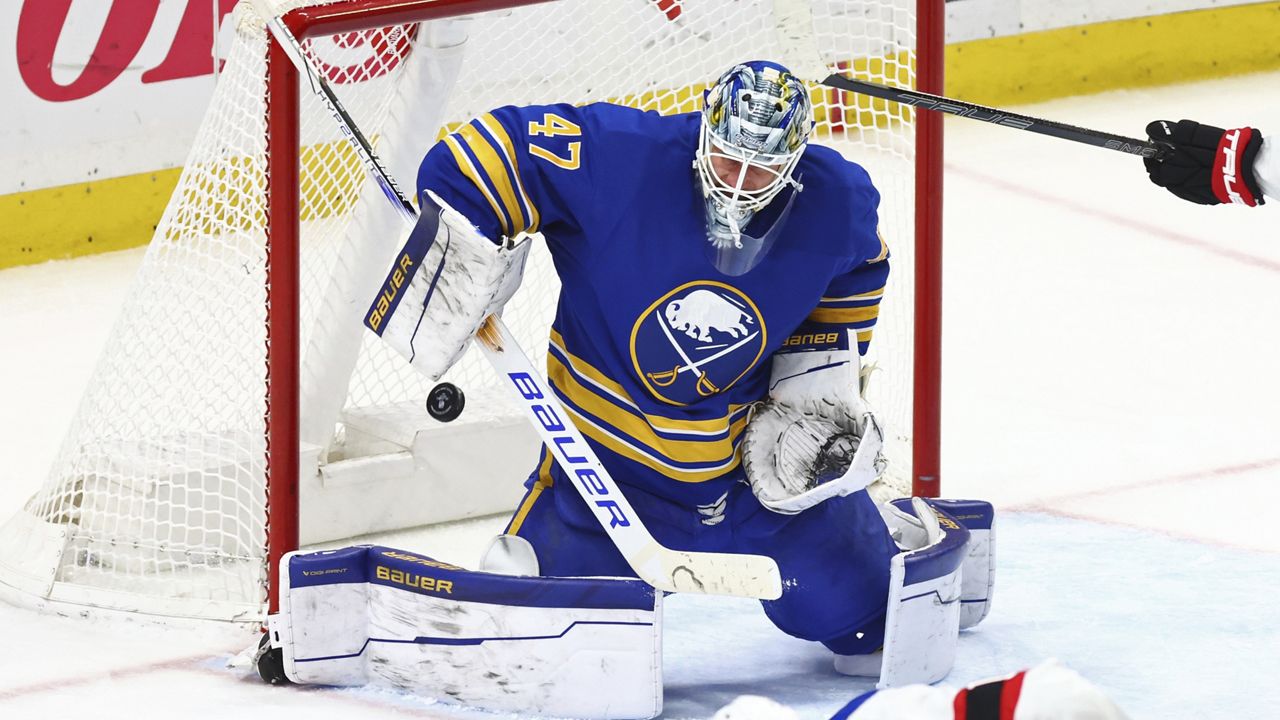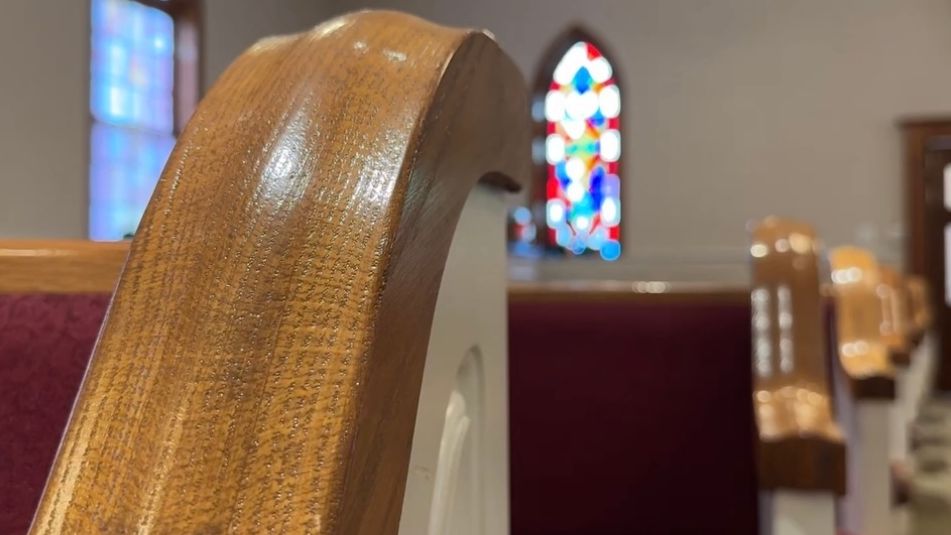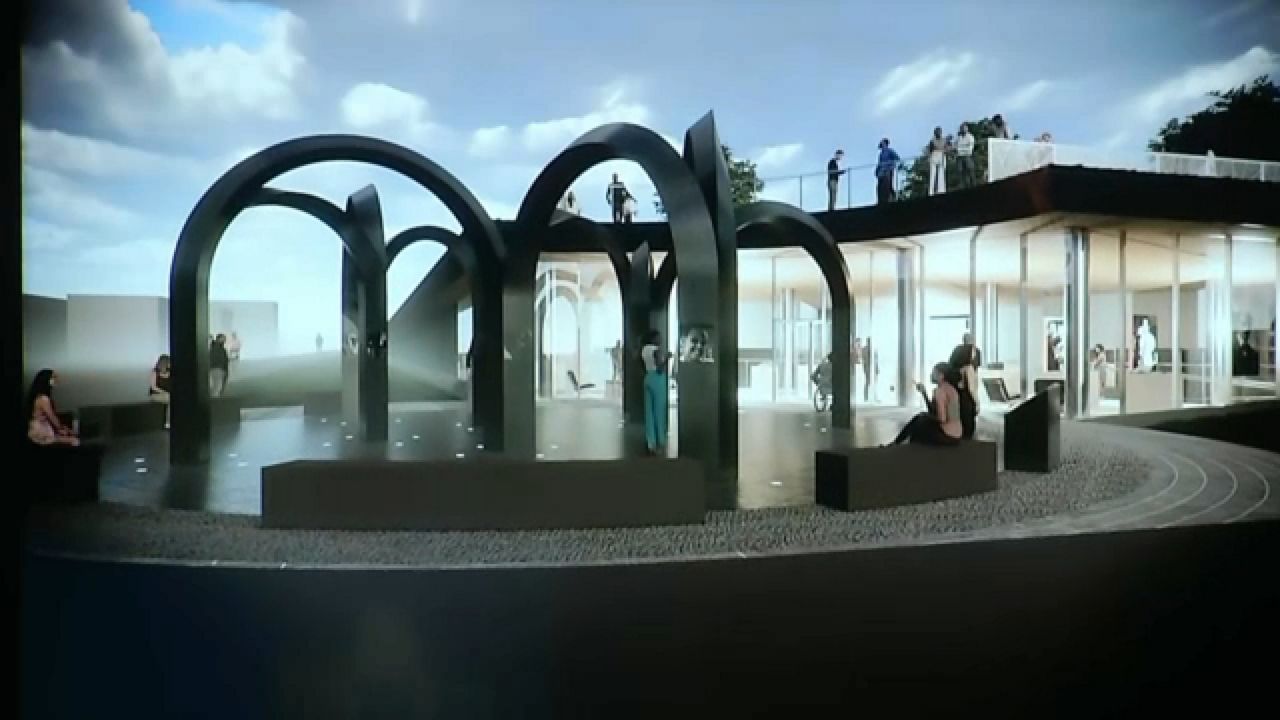CANADA — There’s a big shakeup in leadership for our neighbors to the north.
Justin Trudeau on Monday announced he is resigning as Canada’s prime minister after almost 10 years.
It comes at a tricky time.
In Canada, his Liberal Party, already facing unfavorable numbers, will have to rebuild around a new leader in a matter of months before facing a general election.
It also positions Trudeau as a lame duck come Jan. 20, Inauguration Day in the United States.
Canadians are split on whether having a new face dealing with President-elect Donald Trump will be good or bad.
“He's raised the taxes on everybody, on everything. The food prices have gone up. It's cheaper to eat out, honestly,” said Alex Rutledge, who lives in St. Catherines, Ontario.
“We're already struggling enough as it is and there's a lot of homeless now because of it,” said fellow St. Catherine’s resident Stacey Belanger.
For many Canadians, it was just a matter of time until Trudeau was no longer their prime minister.
“He didn't really have the confidence of everybody in the country, I don't think,” said St. Catherine’s resident Kurt Gwisdek. “He was facing a lot of pressure internally from his own party.”
Rising prices and a generally ineffective government proved fatal to Trudeau’s time at the top.
“It has become clear to me that if I’m having to fight internal battles, I cannot be the best option in that election,” Trudeau said in a press conference Monday.
His announcement came just 14 days before President-elect Trump is sworn in.
“Honestly, I think we've got a leadership crisis in the country, not just on the liberal side, but the Conservative and the [New Democratic Party] side,” said Gwisdek.
With repeated threats of blanket tariffs on Canada, finding a leader who can go toe-to-toe with Trump is front of mind for many.
“Sometimes I feel like a new personality wouldn't be the worst to happen,” said Toronto resident Heather Cary. “At least they might be able to kind of attack the situation from a different angle.”
More recently, Trump’s taken to referencing to Canada – a sovereign country – as the 51st state. Some take his comments with a grain of salt.
“I don't have a problem with Trump. I like Trump,” said Rutledge. “I think he's kind of funny.”
For others, it’s no laughing matter.
“I don't really think that's a joke, honestly, and I find it quite offensive,” said Gwisdek. “I think most Canadians do.”
“It does kind of show his complete sort of disregard for Canadian autonomy,” said Cary. “It's tricky because so much of our economy is tied up in American manufacturing and it's our biggest export market.”
Trudeau suspended Parliament until March 24, which would be two months into Trump’s second presidency.
“It doesn't give them and us an opportunity to actually kind of address potential issues,” said Gwisdek. “But I think the provincial premiers are strong enough and I think there's enough stability within the government to withstand that.”
They’re looking forward to a future that, for now, still has a lot of questions.
“I'm nervous about that, but we're going to figure it out,” Gwisdek said.
As for when the next prime minister will be decided, a federal election must be held by October, but will likely be before then.







